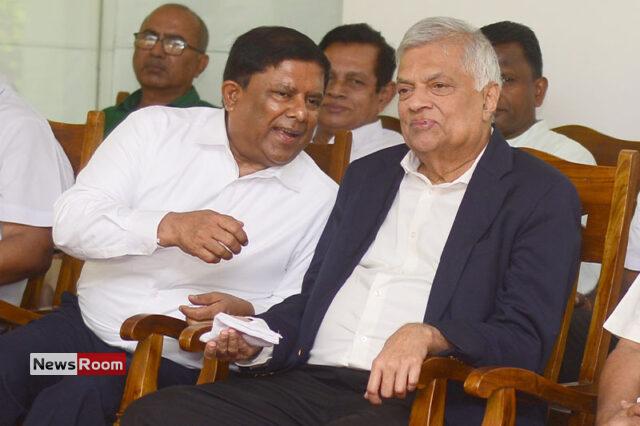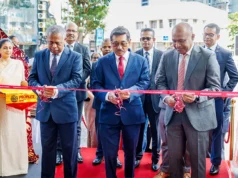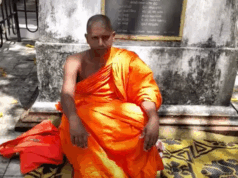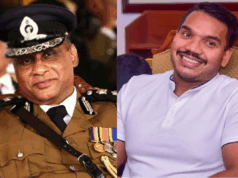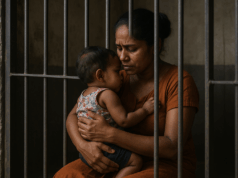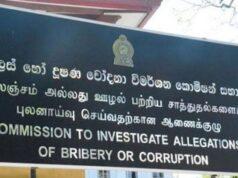United National Party (UNP) Chairman Wajira Abeywardena says President Ranil Wickremesinghe had the foresight to understand the dangers Sri Lanka would face in the global political and economic landscape — and that the country is now paying the price for not heeding his vision.
Speaking at a religious event in Yakkalamulla, Abeywardena said Wickremesinghe had clearly recognised the risks long ago and attempted to prepare the country by introducing the Millennium Challenge Corporation (MCC) programme during his 2015–2019 administration. He recalled that under Wickremesinghe’s leadership, Sri Lanka was on track to receive a USD 415 million grant from the United States — a non-repayable aid package aimed at infrastructure and economic development.
“If the people had allowed that initiative to move forward back then, Sri Lanka would have become the first country in Asia to receive tax relief benefits of that scale,” Abeywardena said, lamenting that domestic opposition derailed the programme.
He pointed out that some now praise the recent reduction in US tariffs on Sri Lankan goods — from 44% to 30% — but questioned whether this was really a victory. “I think it’s something to be ashamed of. People must understand the importance of having leaders who can navigate global diplomacy in time,” he said.
Referring to the opposition MCC faced in the past, Abeywardena reminded the public of the baseless fears spread at the time. “Some claimed that people would need visas to visit Anuradhapura or Trincomalee. With that kind of mindset, how can a country move forward?” he asked, adding that even former US President Donald Trump had been aware of how Sri Lanka mishandled the grant offer.
Abeywardena warned that the consequences of rejecting that opportunity are now being felt by all Sri Lankans. “This is not even something we should be debating today. President Wickremesinghe saw it all coming, because he understands both global and Asian politics,” he said.
He acknowledged that there had been communication failures on their part. “We too are at fault. We failed to explain this clearly to the people. What we said wasn’t understood, and the truth didn’t reach them,” he admitted.
He further stated that the removal of experienced diplomats and policymakers who could have prevented this crisis has directly led to the suffering now experienced by the public.

